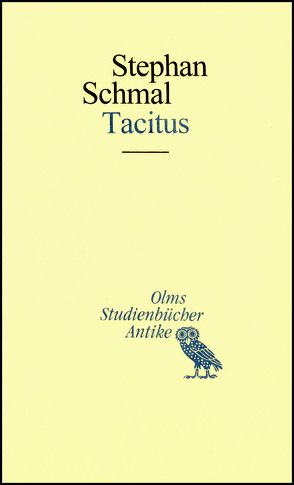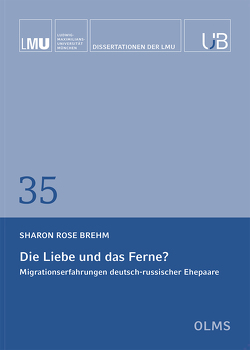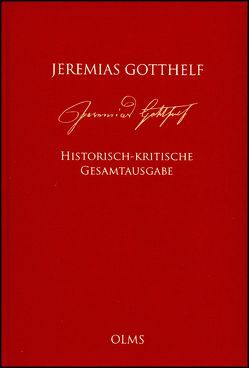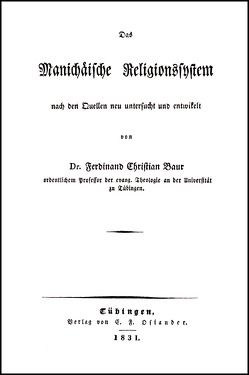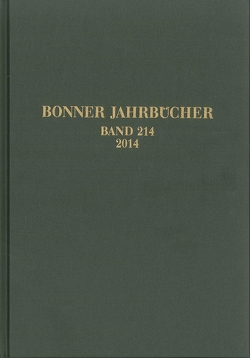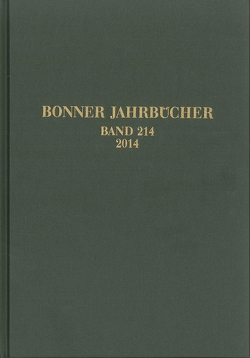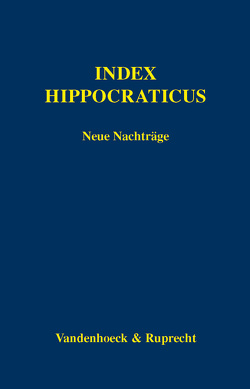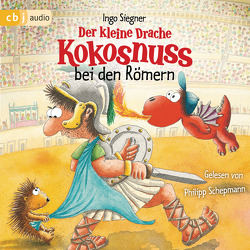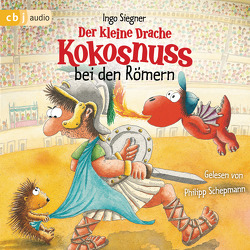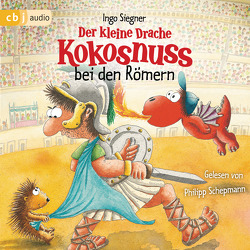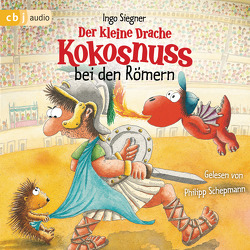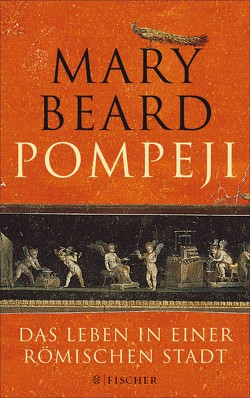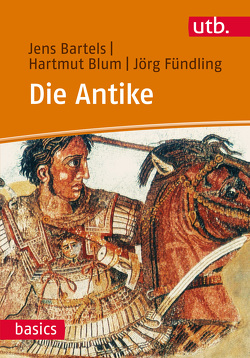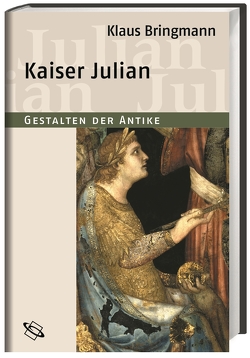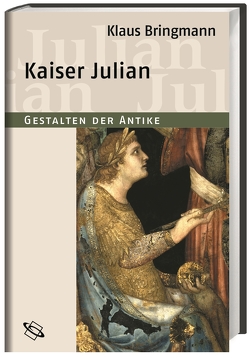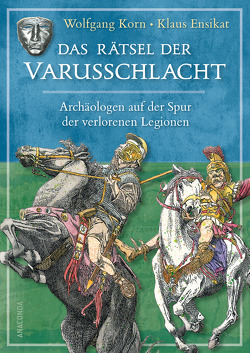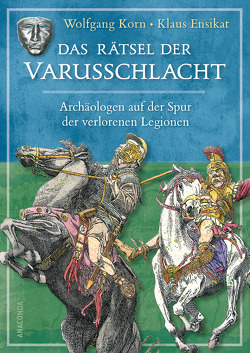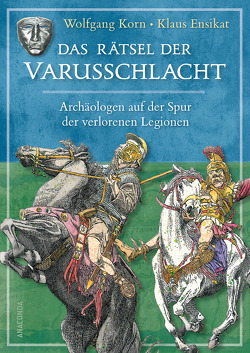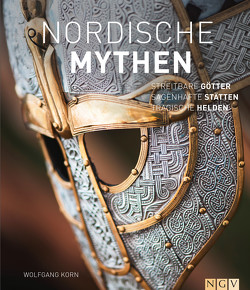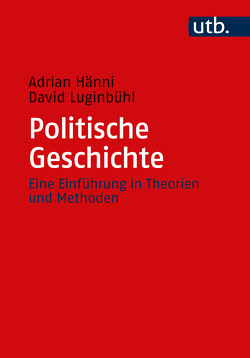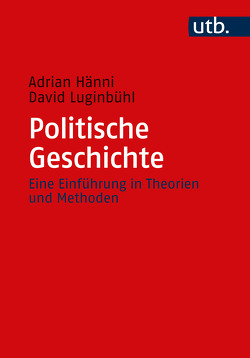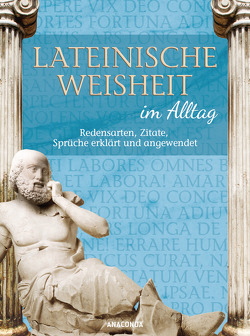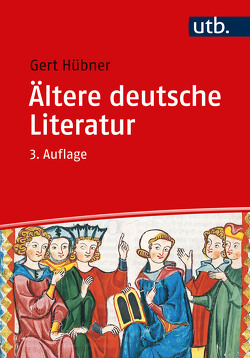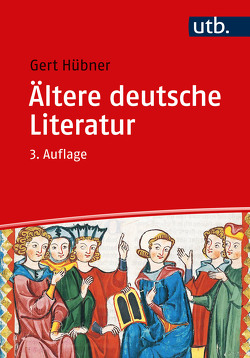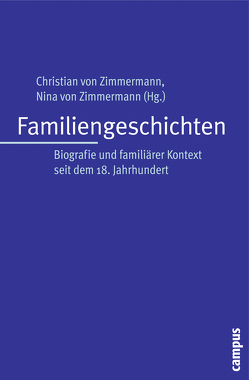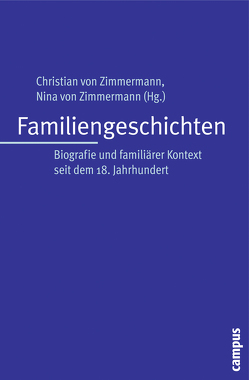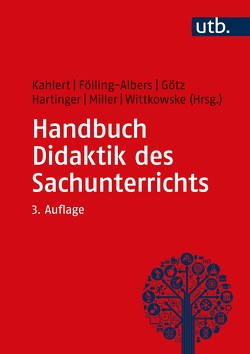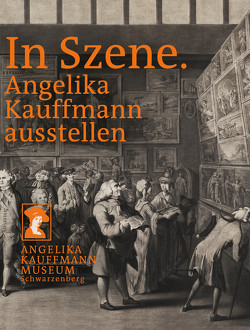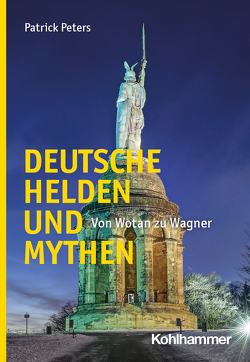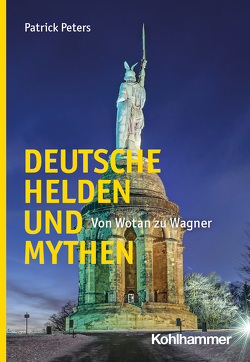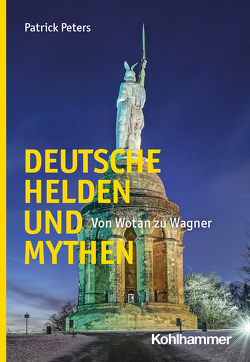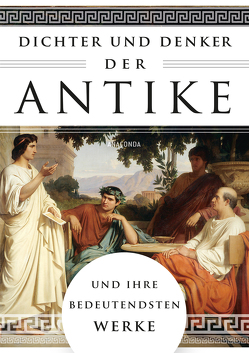Tacitus
Stephan Schmal
„…- un petit ‚manuel des études tacitéennes'“ (Oliver Devillers, L´antiquite clássique )
Cornelius Tacitus (ca. 55-120 n. Chr.) ist der letzte bedeutende Vertreter der senatorischen Geschichtsschreibung Roms und gilt zugleich als letzter lateinischer „Klassiker“ überhaupt. Sein Geschichtswerk, die Historiae und die Annales, umfasst die Zeit vom Tod des Augustus bis zur Regierung Domitians. Es ist in großen Teilen erhalten und gilt als wichtigste Quelle der frühen römischen Kaiserzeit. Darüber hinaus hat Tacitus drei kleinere Schriften verfasst, den Agricola, den Dialogus und den ethnographischen Traktat Germania, der in Mitteleuropa eine höchst abenteuerliche Rezeptionsgeschichte erlebt hat.
Die Werke des kritischen und scharfzüngigen Tacitus, der mit den meisten Kaisern gnadenlos abrechnete, hatten eine sehr polarisierende Wirkung. Die Leserschaft der Neuzeit schwankte zwischen Begeisterung und Ablehnung, politische Köpfe vereinnahmten ihn für fast alle Formen und Parteiungen des politischen Betriebs. Seine eigenwillige Sprache gilt als schwierig und „dunkel“.
Das vorliegende Buch stellt den Autor und sein Werk vor. Es erläutert den historischen Hintergrund, den literaturgeschichtlichen Kontext und die Höhepunkte der Rezeption. Außerdem werden wesentliche Positionen der modernen Forschung präsentiert.
Stephan Schmal hat in dieser Reihe den „Sallust“ geschrieben und befasst sich mit mentalitätsgeschichtlichen Themen, antiker Ethnographie und Geschlechtergeschichte. Er ist als Verlagsredakteur in Braunschweig tätig.****************Cornelius Tacitus (ca. 55-120 A.D.) was the last major representative of the senatorial tradition of historiography, and is also considered the last of the Latin ‘classics’. His historical works, the Historiae and Annales, cover the period from the death of Augustus to the reign of Domitian. A large part of the works survives and are considered the most important source for the early imperial period. In addition Tacitus wrote three shorter works, the Agricola, the Dialogus and the ethnographical treatise Germania, which has enjoyed an adventurous reception history in central Europe.
The works of the critical and sharp-tongued Tacitus who dealt mercilessly with most of the emperors, had a polarising effect. Readers in the modern age have wavered between enthusiasm and rejection, while political minds of almost all positions and parties on the political spectrum have claimed him for their own. His individual style is thought to be difficult and ‘obscure’.
This book introduces the author and his work. It sheds light on the historical background, the literary context and the significant areas of reception. Important positions in modern research are also presented.
Stephan Schmal wrote the volume on Sallust in this series and is interested in the history of mentality, in ancient ethnography and gender history. He works as a publisher’s editor in Braunschweig.
